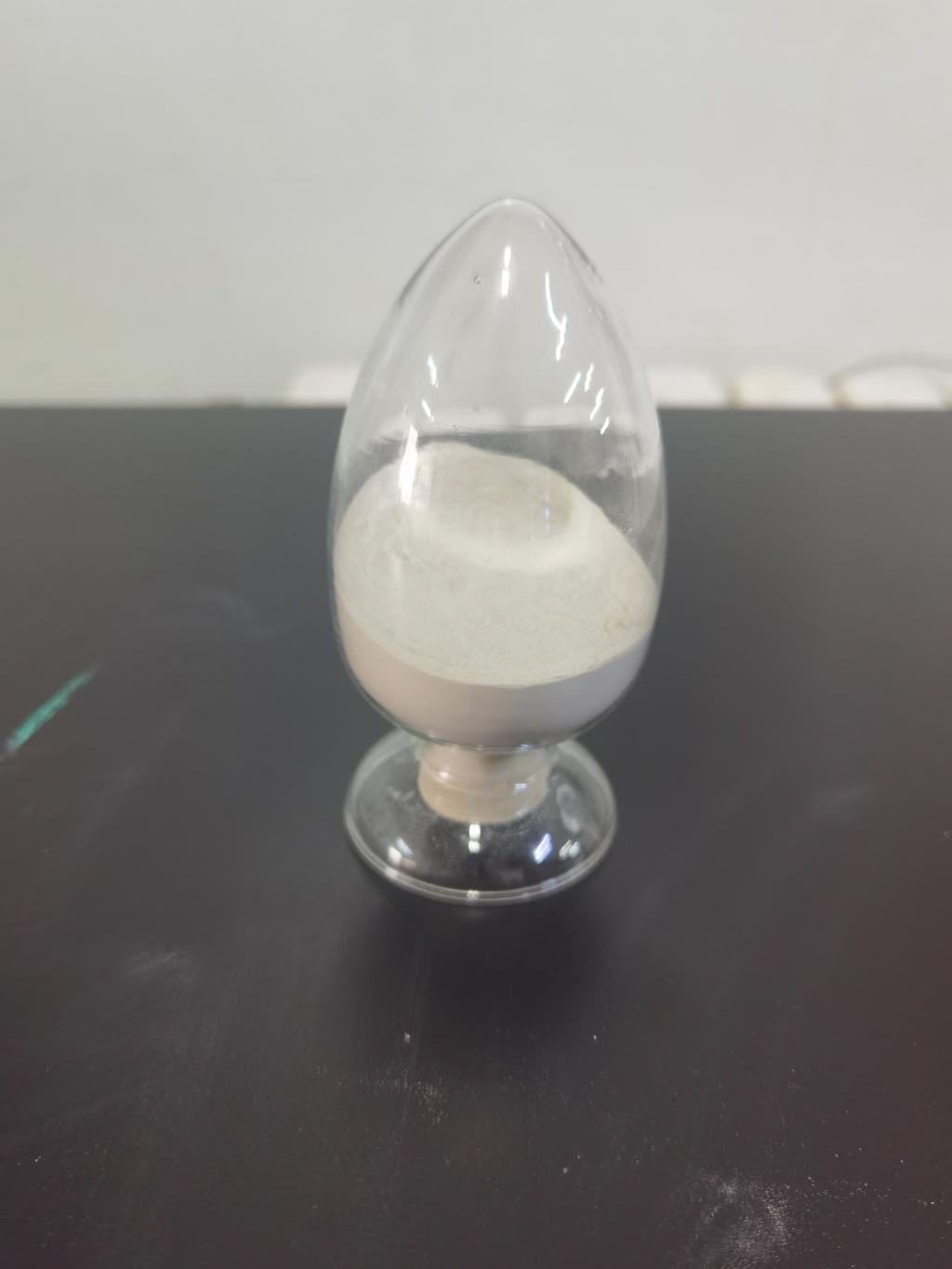
 CONTACT
CONTACT
- Linkman:Linda Yao
- Tel: +8618231198596
- Email:linda.yao@dcpharma.cn
- Linkman:CHARLES.WANG
- Department:Overseas
- Tel: 0086 0311-85537378 0086 0311-85539701
Nisin’s effectiveness in improving the safety of low-acid foods is an important area of research.
TIME:2024-09-11
Food safety is a critical concern for consumers, producers, and regulatory bodies alike. Among the many challenges in food safety, ensuring the microbiological stability of low-acid foods poses particular difficulties. These foods, which have a pH above 4.6, are more susceptible to the growth of harmful bacteria such as Clostridium botulinum, Listeria monocytogenes, and Bacillus cereus. To combat this issue, researchers are increasingly turning to nisin, a natural preservative with potent antimicrobial properties, as a promising solution to improve the safety of low-acid foods.
Understanding Low-Acid Foods and Their Risks
Low-acid foods encompass a wide range of products, including meats, seafood, dairy, and some vegetables. Due to their higher pH levels, these foods do not inhibit the growth of certain pathogens as effectively as acidic foods do. Consequently, they require additional measures to ensure safety, such as heat processing, refrigeration, or the addition of preservatives.
Nisin: A Natural Solution
Nisin, produced by the bacterium Lactococcus lactis, is a bacteriocin that has been used safely in the food industry for decades. Its mode of action involves binding to the cell wall precursor lipid II of susceptible bacteria, forming pores in the cell membrane, and causing cell lysis. This mechanism makes nisin particularly effective against Gram-positive bacteria, including many that pose significant risks in low-acid foods.
Research Focus on Nisin’s Efficacy
Recent research efforts have concentrated on understanding how nisin can be most effectively utilized in low-acid foods to enhance their safety profile. Studies have demonstrated that nisin can significantly reduce the presence of pathogens in these foods, thereby decreasing the likelihood of foodborne illness. For instance, nisin has shown promise in controlling Listeria monocytogenes in ready-to-eat meats and deli products, where the risk of contamination is particularly high due to the absence of cooking before consumption.
Applications and Benefits
The application of nisin in low-acid foods not only addresses safety concerns but also aligns with consumer trends favoring natural and minimally processed products. Unlike synthetic preservatives, nisin is derived from natural sources and is generally recognized as safe (GRAS) by regulatory authorities, making it an attractive option for manufacturers looking to meet consumer demand for cleaner labels.
Moreover, nisin can be used in combination with other hurdles in food preservation, such as modified atmosphere packaging (MAP), reduced water activity (aw), and lower temperatures, to create a synergistic effect that further enhances microbial control without compromising the sensory qualities of the food.
Challenges and Future Directions
Despite its potential, integrating nisin into low-acid foods presents several challenges that must be overcome. These include optimizing the concentration of nisin for maximum efficacy without altering the taste or texture of the food, ensuring the stability of nisin under processing conditions, and addressing any potential resistance mechanisms that pathogens might develop.
Future research should focus on developing stable nisin formulations that retain their activity during food processing and storage. Additionally, exploring the potential of nisin in conjunction with other natural preservatives could open up new avenues for improving the safety of a broader range of low-acid foods.
Conclusion
The use of nisin in enhancing the safety of low-acid foods is an area of growing importance within the realm of food safety research. As understanding of nisin’s effectiveness deepens, and innovative approaches to its application are developed, it is likely that this natural preservative will play an increasingly significant role in ensuring the microbial stability and safety of a variety of food products. By continuing to invest in research and development, the food industry can leverage the power of nisin to deliver safer, healthier, and more sustainable food options to consumers worldwide.
- Tel:+8618231198596
- Whatsapp:18231198596
- Chat With Skype







